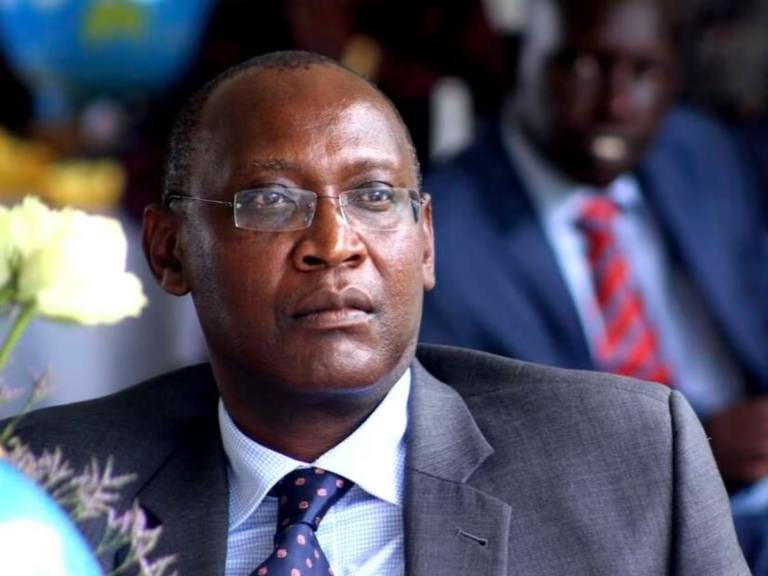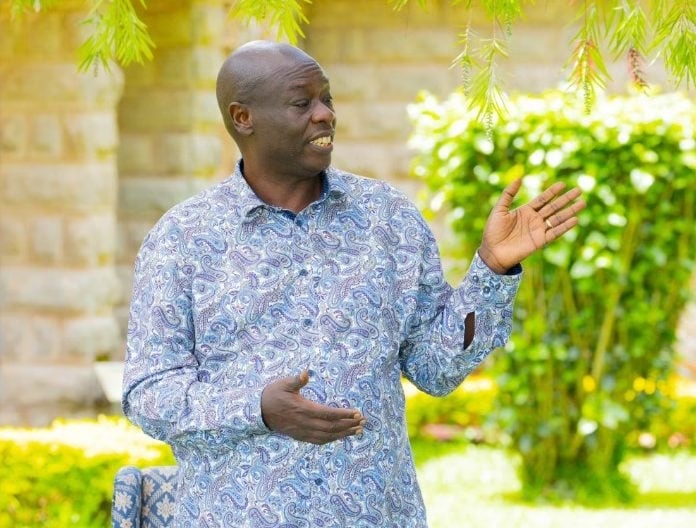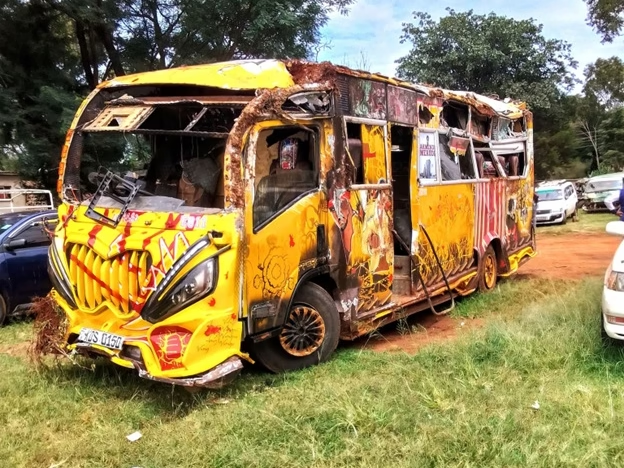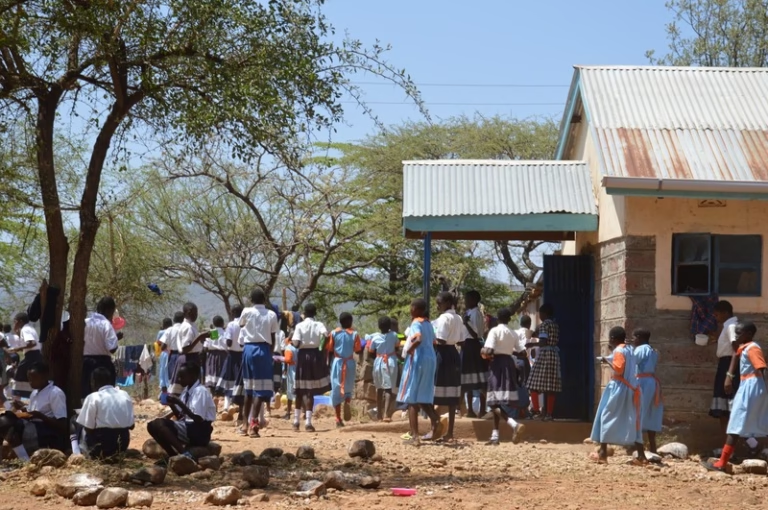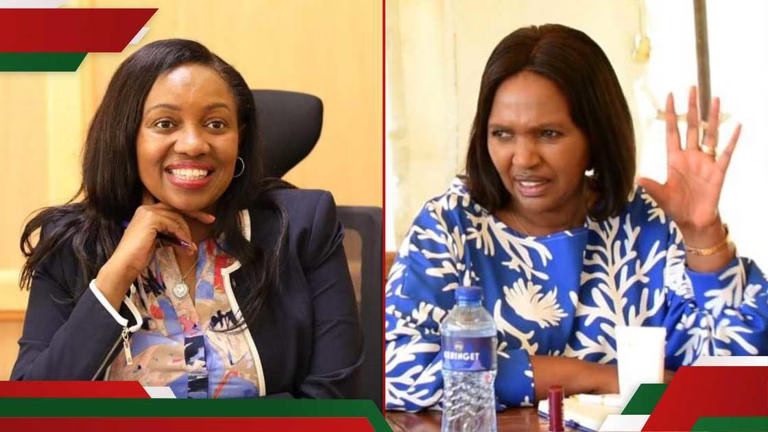
The political landscape in Nakuru County is witnessing escalating tensions between Governor Susan Kihika and Senator Tabitha Karanja.
Once allies under the United Democratic Alliance (UDA) banner, their relationship has deteriorated into a public feud, threatening the party’s unity in the region. The discord centers around governance issues, leadership styles, and the management of key county institutions.
A significant flashpoint in their conflict is the contentious takeover of the Nakuru War Memorial Hospital by the county government. Senator Karanja has vehemently opposed the move, accusing Governor Kihika of disregarding court orders and undermining healthcare services. She alleges that the forced transfer of patients and staff disruptions have jeopardized medical care in the county.
Governor Kihika’s prolonged absence from the county has drawn criticism from Senator Karanja, who claims that the governor’s unavailability has led to stalled projects and administrative inefficiencies. Kihika, however, has stated that she is on maternity leave and that her duties are being managed by the county secretary.
In response to the ongoing issues, Senator Karanja has called for Governor Kihika’s resignation and has threatened to initiate impeachment proceedings. She has also indicated plans to table a vote of no confidence in the Senate if the governor does not step down.
The political rift has led to the formation of a faction known as the ‘G7’, comprising UDA leaders and MPs who oppose Governor Kihika’s leadership. This group accuses the governor of sidelining certain regions and grooming political opponents to unseat current leaders.
Amid the escalating tensions, women’s empowerment groups like Maendeleo ya Wanawake have urged both leaders to engage in constructive dialogue. They emphasize the importance of unity and collaboration, especially given the significant representation of women in Nakuru’s political leadership.
